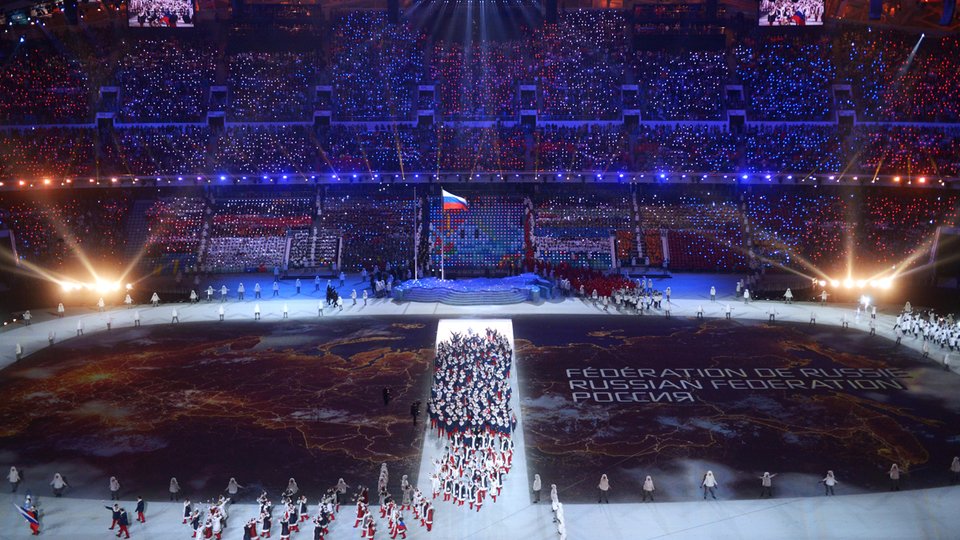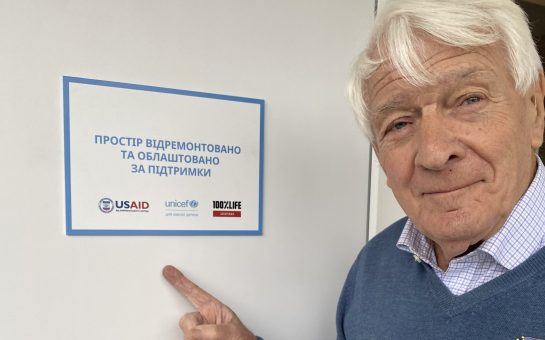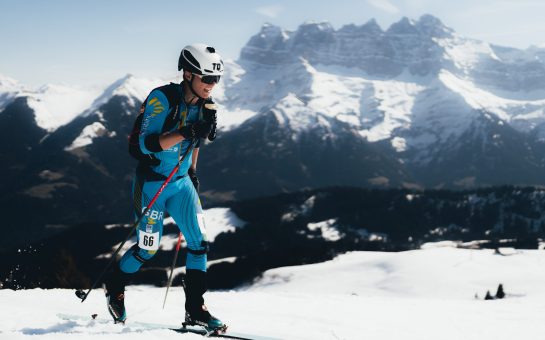Russia’s invasion of Ukraine breached several international laws, but it also breached a lesser known peace treaty known as the Olympic truce, which dates back to the first Olympic Games in 776 BC at Elis.
Also known as Ekecheiria, the treaty was initially signed by three kings, Iphitos of Elis, Cleosthenes of Pisa and Lycurgus of Sparta, to allow for the safe passage of athletes and spectators to and from the Games.
Peace for the Games’ duration was a necessity against the backdrop of a near-constant state of war between the provinces.
In Greek mythology, Ekecheiria is the spirit and personification of armistice and cessation of hostilities – it literally translates to ‘holding back one’s hand’.
An Olympic truce has existed in the modern era since 1992 and is in place for seven days prior to the Olympic Games’ opening ceremony, until seven days after the closing ceremony of the Paralympic Games.
The truce aims not only to prevent conflict but also to inspire peaceful resolution through proposed initiatives, most notably in 2000 when North and South Korea agreed to walk under the same flag during the opening ceremony in Sydney.

Credit: P.Kurmelis via Wikimedia Commons under CC BY-SA 3.0 license
In 1993, the United Nations formalised its support of the truce, and every Summer and Winter Games adopts a resolution which calls upon UN members to respect the truce and work towards the settling of international conflicts through peaceful means.
The London 2012 Olympic Games represents the only time that all 193 UN member states signed the resolution, and at this year’s Winter Games Australia, the United States, India, Japan and Turkey all forewent signing the resolution in protest against China’s alleged human rights abuses.
But the UN’s resolution is not binding, and the invasion of Ukraine is the third instance the truce has been broken in the 21st century.
All three times, the violation has been perpetrated by Vladimir Putin.
In 2008, Russia invaded Georgia, starting the Russo-Georgian war after months of brewing tensions over the disputed regions of South Ossetia and Abkhazia.
Russia’s full-scale air, land and sea invasion of the country took place late on 8 August, the same day as the opening ceremony in Beijing, where Putin watched the Russian flag bearer lead in 455 athletes.
The second breach of Ekecheiria took place much closer to home.
The Sochi Winter Games of 2014 posited itself as a shining jewel in Putin’s crown, a celebration of his dominance in a then-14-year tenure at the top of Russian politics.
The estimated $50 billion cost, which far surpassed its projected $7 billion budget, made it the most expensive Olympics in history.

Credit: premier.gov.ru via Wikipedia Commons under CC BY 4.0 license
With the world’s eyes trained on Sochi as festivities drew to a close on 23 February, Putin’s ‘little green men’ – Russian soldiers without identifying insignia – overran Crimea’s Supreme Council on 27 February to annex the peninsula from Ukraine.
Crimea’s declaration of independence, subject to a disputed referendum, and installation of Russia-backed acting Prime Minister Sergey Aksyonov, coincided with the closing ceremony of the Winter Paralympics on 16 April 2014.
Ukrainian Paralympians chose to compete despite the turmoil back home, committing to two gestures of protest, despite the Olympics’ ban on political protests and statements for the duration of a Games.
The first involved all but one of the 23 para-athletes refusing to take part in the opening ceremony.
Mykailo Tkachenko, a Nordic skier, carried the flag from his wheelchair and entered the Fisht OIympic Stadium alone as the crowd gave him a standing ovation.
The second protest involved Ukrainians who reached the podium covering their medals with their hands during the ceremony, to highlight the incompatibility of conflict and the Games themselves.
At this year’s Paralympics, which start on Friday 4 March, Russia planned to send 71 Paralympians under the aegis of the Russian Paralympic Committee.
Russia has competed under a ‘neutral’ flag across all sports since 2018, after the country was suspended in December 2017, guilty of participating in a state-sponsored doping program.
Since war was declared against Ukraine, the International Olympic Committee has strongly urged governing bodies across all sports ban Russian athletes, as well as those from Belarus, whose leader Alexander Lukashenko is a close ally of Putin.
But on Thursday 3 March, the International Paralympic Committee announced that rather than allowing Russian and Belarusian athletes to compete under a neutral flag with neutral anthems, the countries would be banned outright from the Games.
All 20 Ukrainian Paralympians will compete.
Featured image credit: Міністерство молоді та спорту України via Wikimedia Commons under CC BY 4.0 license




